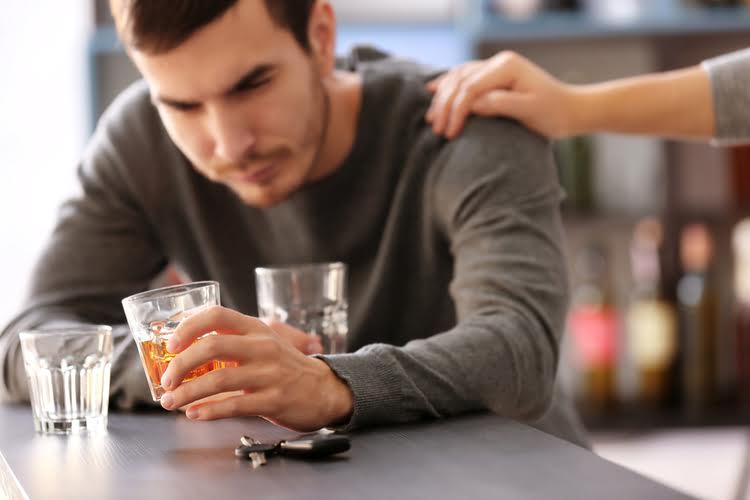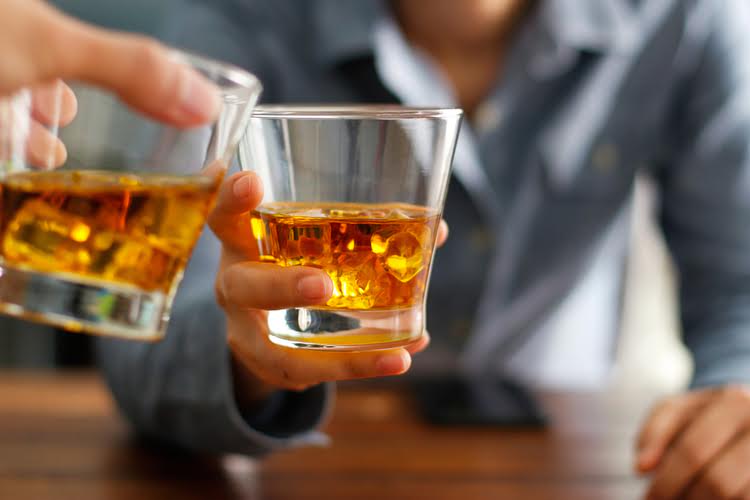
Vitamin B1 is essential for many bodily functions, including eyesight. As a result, vitamin B1 deficiency can lead to weakness or paralysis of the eye muscles. One of the most common side effects of alcohol intoxication is blurred vision. However, this is only one example of how alcohol abuse affects the eyes. Drinking can have many short and long term effects on the eyes and vision. For example, bloodshot eyes and alcohol abuse or yellowing of the eyes from chronic alcoholism are two additional ways the eyes are affected.
Medical Interventions for Serious Conditions
- If you’ve ever had one too many, you probably understand how alcohol affects the eyes in the short term.
- Limiting your alcohol consumption also reduces harm inflicted on the skin.
- As you may already be aware, drinking alcohol is very hard on the liver.
- If someone regularly drinks alcohol, their eyes might start showing signs of damage—even before other symptoms appear.
If a person consumes large amounts of alcohol regularly, their tolerance can increase, and the body requires more alcohol to achieve the desired effect. Since the liver can only process the equivalent of one drink at a time, the body may remain saturated with the alcohol that has not yet left the body. It also increases the risk of blackouts, especially on an empty stomach. During this time, a person may do things that they do not remember later. Within minutes of consuming alcohol, it is absorbed into the bloodstream by blood vessels in the stomach lining and small intestine. For conditions like cataracts, surgical removal, and lens replacement may be necessary.

How Alcohol Harms Vision

This is because alcohol weakens your eye muscles over a period of time. Beyond just being annoying, this effect is also dangerous – it can also decrease your reaction time. It’s a symptom of dry eyes and dry eye disease for some people. The diuretic effects of alcohol cause your body to remove water (through your urine) at a higher rate. This dehydrates your eyes, accelerating the symptoms of dry eye syndrome (which include itchiness, a burning sensation, blurry vision, and for some people, watery eyes). Alcohol affects your eyes’ ability to lubricate themselves effectively with tears.
Can Alcoholism Affect Eyesight? Understanding the Impact on Vision
This creates a persistent tunnel vision effect where only central vision remains clear. Long-term heavy drinking can contribute to chronic dry eye syndrome by affecting tear production and quality. Alcohol’s diuretic effect leads to ongoing dehydration, while its inflammatory properties irritate the eye’s surface. Drinking can cause short- and long-term challenges with eye health and vision, including a condition known as dry eye disease (DED).

Health Advice
Cataracts occur when the eye’s lens becomes cloudy, leading to blurred vision and vision loss if left untreated. Alcohol, especially when consumed in large quantities over a long period, can significantly increase the risk of cataracts. If your eyes regularly show signs of distress, especially yellowing, blurred vision, or twitching, it’s time to seek help.
There are many ways alcohol can cause short- or long-term effects on skin. Alcohol withdrawal can be difficult and, in some cases, life threatening. Depending on how often you drink and Sober living home how much, you may need support from a healthcare professional if you want to stop drinking.
Prenatal Alcohol Exposure
The liver disease leads to jaundice when the liver can no longer clear the build-up of old red blood cells from the body. Excessive alcohol blurry vision hangover consumption can have temporary and long-term effects on your vision. Temporary effects of excessive alcohol and eyesight result in blurry and distorted vision.
Factors That Might Contribute to Stronger Effects
However, be careful not to drink larger quantities to compensate. Make sure to aim for one glass of water between each alcoholic drink. This creates dangerous situations, especially when driving at night. Drinking alcohol may make you more likely to develop certain skin conditions, such as psoriasis, rosacea, and seborrhoeic or nummular dermatitis. Alcoholic drinks are high in calories and have no nutritional benefit to your body.
- You don’t have to get regularly drunk to start to feel the effects of alcohol on your eyes.
- Rather, this is a liver issue called jaundice which may indicate alcoholic hepatitis or inflammation of the liver.
- We think of our patients as family and have been leaders in eye care since 1981.
Prolonged alcohol consumption can lead to various eye diseases and disorders, while chronic abuse can result in toxic effects on the ocular system. Comprehensive addiction treatment provides the medical oversight, emotional support, and therapeutic guidance needed to navigate the complexities of recovery safely. It ensures that every aspect of your health is monitored and supported, from detox through to long-term strategies for staying sober. If you’re considering a change in your life, remember that it’s safer and more effective to have a team of professionals guiding you every step of the way. Those who drink alcohol regularly might find themselves reaching for eye drops more often. Persistent dryness is not just https://your-body.co.uk/sober-living/what-being-drunk-feels-like-a-comprehensive-guide/ uncomfortable; it can also increase your risk of eye infections, as the natural lubricating tears are reduced.